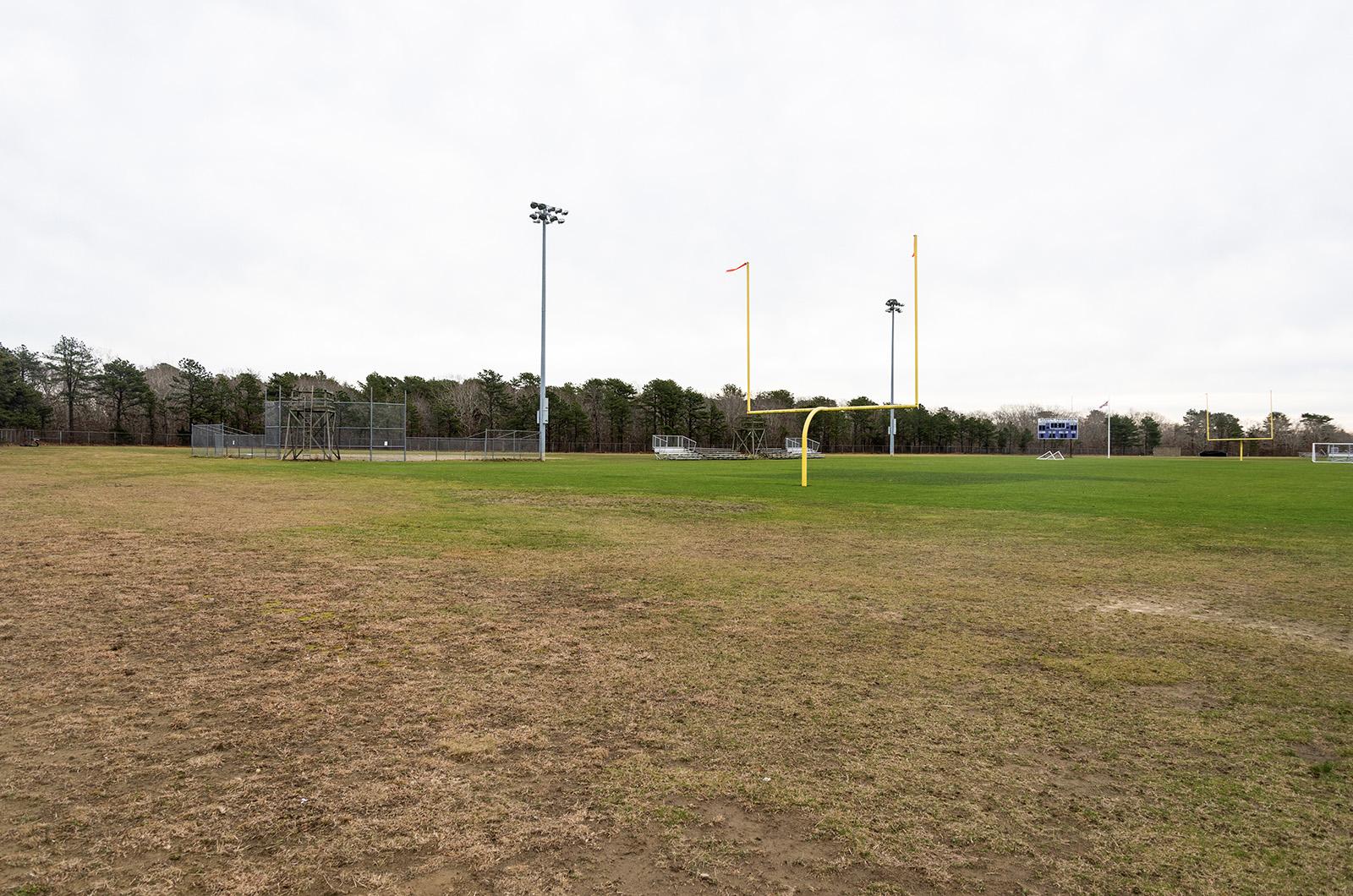After following recent events regarding the regional high school fields controversy and the budget votes, it seems as if the general public is still left confused and in the dark.
To begin with, although the high school committee has stated it is negotiating a resolution of the lawsuit with the town of Oak Bluffs, I cannot imagine what that means. Negotiating a resolution implies some sort of compromise where both sides give a little. That’s not legally an option here.
Planning board decisions cannot be overturned or reversed, even by the planning board, for a period of two years from the date of the decision; that’s Massachusetts law. Therefore, the school committee has only two options: drop the suit and present an entirely different proposal to the planning board or continue on the course they are on.
So, what is going on in the committee’s executive sessions that cannot be done in public?
Further, based on comments at town meetings and in the papers, there is clearly a desire by some (perhaps most) to avoid having an artificial turf field on the Island. That sentiment seems to be growing as there is more and more news about the possible dangers of PFAS contaminants. Growing numbers of jurisdictions are facing costly remediation of PFAS contamination, including the town of West Tisbury. Some municipalities are banning artificial turf fields altogether.
Yet, the idea of using artificial turf or not has never been formally put to the voters. Recent discourse on this at town meetings were initiated mostly by voters, not town leaders. In fact, Oak Bluffs and Edgartown voters and taxpayers have never had the chance to weigh in at all on this controversial issue.
I suppose the argument could be made that since the voters wouldn’t be paying for it — the proponents have from the beginning stated that the fields will be paid for by private donations — then the taxpayers’ positions are not relevant. But to add to the confusion, recent reporting quotes the schools superintendent saying there is no list of donors. This is a similar comment to the one he made at Martha’s Vineyard Commission hearings.
At the same time, school committee members have publicly indicated the opposite.
Whether a list exists or not, as a taxpayer I certainly don’t want large public projects to be funded by anonymous donors who, by virtue of their fiscal muscle, may be dictating policy that taxpayers cannot control. Schools are community facilities. As such, they are properly funded by taxpayer dollars. It is in our best long-term interest to be funding the fields project in the same way. Private (and perhaps off-Island) parties should not make important decisions for us with their money.
With all of the noise and controversy it appears that the needs of the students have been all but forgotten, at least with regard to outdoor athletic facilities. The problems with the fields have been discussed for nearly 10 years and this project has been creeping forward for well over five years. All the while, the track and fields’ conditions have been less than the students deserve.
Here’s the good news. At the same time, the high school building is finally on track to be replaced or rehabilitated with significant funds contributed by the state. The school committee and superintendent should seriously consider a complete pause of the fields project, folding the athletic facilities rehabilitation into the larger project for the entire campus. That would have several advantages: the design would be holistic, avoiding the likelihood that some aspects of the fields or the building are compromised because they’re designed and implemented separately; it will give everybody time to step back, hopefully heal some wounds and provide an environment for better cooperation; the field project budget becomes part of the larger project and therefore possibly eligible for additional state assistance.
Yes, the hundreds of thousands of dollars spent to date may be considered lost. But sometimes it is best to cut your losses and move on.
In the meantime, we should put some money toward bolstering the fields infrastructure that we have today so the students have a better athletic environment as we work toward a comprehensive solution.
Doug Ruskin lives in West Tisbury.






Comments (3)
Comments
Comment policy »